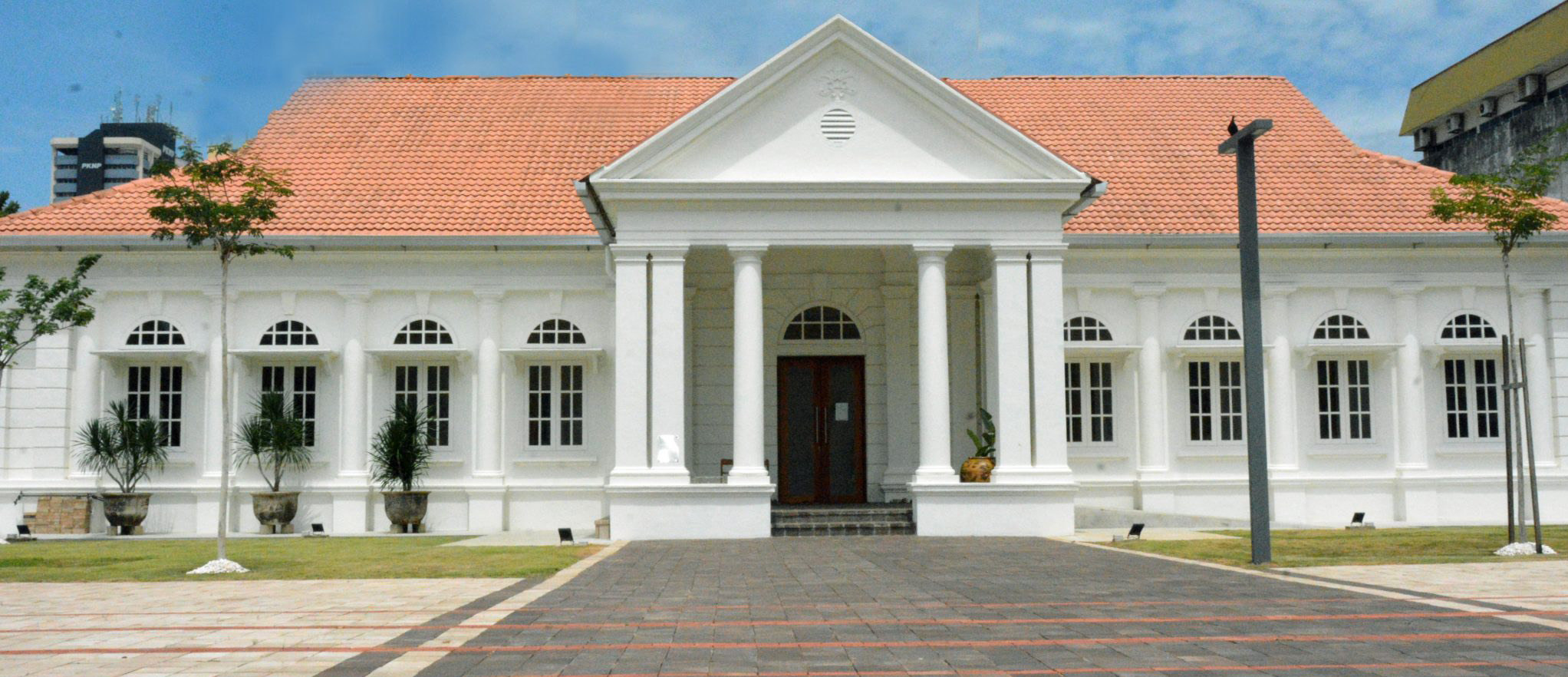The History of the Kings of the Persians in Three Arabic Chronicles: (Record no. 3345)
[ view plain ]
| 000 -LEADER | |
|---|---|
| fixed length control field | 01714nam a22001937a 4500 |
| 003 - CONTROL NUMBER IDENTIFIER | |
| control field | PMNP |
| 005 - DATE AND TIME OF LATEST TRANSACTION | |
| control field | 20250609161826.0 |
| 008 - FIXED-LENGTH DATA ELEMENTS--GENERAL INFORMATION | |
| fixed length control field | 250609b |||||||| |||| 00| 0 eng d |
| 020 ## - INTERNATIONAL STANDARD BOOK NUMBER | |
| International Standard Book Number | 9781786941473 |
| 040 ## - CATALOGING SOURCE | |
| Original cataloging agency | PMNP |
| Language of cataloging | eng |
| Transcribing agency | Kutubkhanah Diraja |
| 082 ## - DEWEY DECIMAL CLASSIFICATION NUMBER | |
| Classification number | 955.02 |
| 100 ## - MAIN ENTRY--PERSONAL NAME | |
| 9 (RLIN) | 3534 |
| Personal name | Hoyland, Robert G., |
| Dates associated with a name | 1966- |
| 245 ## - TITLE STATEMENT | |
| Title | The History of the Kings of the Persians in Three Arabic Chronicles: |
| Remainder of title | The Transmission of the Iranian Past from Late Antiquity to Early Islam / |
| Statement of responsibility, etc. | Translated with introduction and notes by Robert G. Hoyland |
| 260 ## - PUBLICATION, DISTRIBUTION, ETC. | |
| Place of publication, distribution, etc. | Liverpool |
| Name of publisher, distributor, etc. | Liverpool University Press |
| Date of publication, distribution, etc. | 2018 |
| 300 ## - PHYSICAL DESCRIPTION | |
| Extent | 185p |
| 520 ## - SUMMARY, ETC. | |
| Summary, etc. | This book translates the sections on pre-Islamic Persia in three Muslim Arabic chronicles, those of Ahmad al-Ya‘qubi (d. ca. 910), ‘Ali al-Mas‘udi (d. ca. 960) and Hamza al-Isfahani (d. ca. 960s). Their accounts, like those of many other Muslim historians on this topic, draw on texts that were composed in the period 750-850 bearing the title ‘The History of the Kings of the Persians’. These works served a growing audience of well-to-do Muslim bureaucrats and scholars of Persian ancestry, who were interested in their heritage and wished to make it part of the historical outlook of the new civilization that was emerging in the Middle East, namely Islamic civilization. This book explores the question of how knowledge about ancient Iran was transmitted to Muslim historians, in what forms it circulated and how it was shaped and refashioned for the new Perso-Muslim elite that served the early Abbasid caliphs in Baghdad, a city that was built only a short distance away from the old Persian capital of Seleucia-Ctesiphon. |
| 650 #0 - SUBJECT ADDED ENTRY--TOPICAL TERM | |
| 9 (RLIN) | 86 |
| Topical term or geographic name entry element | History |
| 942 ## - ADDED ENTRY ELEMENTS (KOHA) | |
| Source of classification or shelving scheme | |
| Koha item type | Books |
| Suppress in OPAC | No |
| Withdrawn status | Lost status | Source of classification or shelving scheme | Damaged status | Not for loan | Home library | Current library | Shelving location | Date acquired | Total Checkouts | Full call number | Barcode | Date last seen | Price effective from | Koha item type |
|---|---|---|---|---|---|---|---|---|---|---|---|---|---|---|
| Perbadanan Muzium Negeri Pahang | Annexe Office | Annexe | 06/09/2025 | 955.02 | 2025-0173 | 06/09/2025 | 06/09/2025 | Books |
